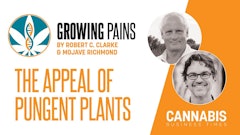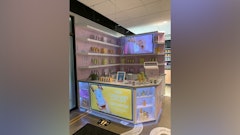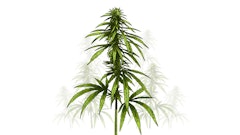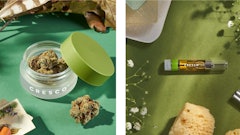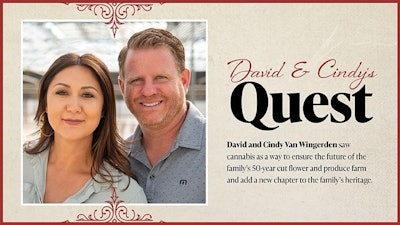
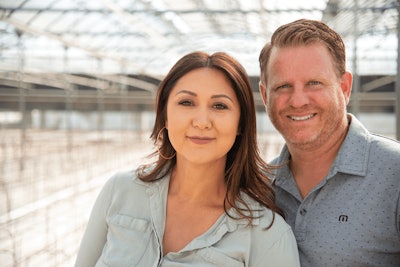
David Van Wingerden’s family traces its growing roots back 15 generations. When his father and other relatives emigrated from the Netherlands in the late 1960s, California’s Carpinteria Valley became their home. For anyone wondering how these West Coast Van Wingerdens relate to the East Coast clan, well-known in ornamental circles, you’ll have to keep wondering. If a family connection exists, it traces so far back that no one really knows.
In 1971, David’s father and uncle established Westland Floral, a company that helped the Carpinteria Van Wingerdens become keystones of the U.S. cut flower industry. As South American imports eroded profits over the last few decades, David and his father, Jerry, diversified into hydroponic lettuce under the Westland Produce name in 2008. But rising labor costs and increased competition eventually weakened profits there, too.
David and Jerry opted to stay the course, but David’s wife, Cindy, didn’t share their hope. After some research and reconnaissance, she lobbied for a new crop. “She saw the light at the end of the tunnel,” David says. And that light was cannabis.
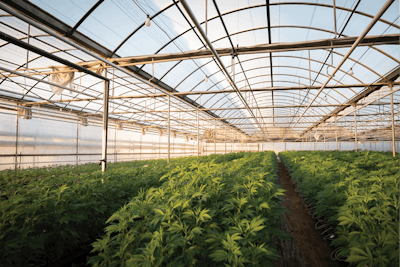
Pushing for Profitability
When Cindy first suggested diversifying into cannabis, she was met with resistance—especially from her conservative father-in-law. But she laid out the challenges she saw ahead for the flower and produce business and the great opportunity she saw in cannabis.
“Someone had to say: ‘Stop, this is enough. We need to transition into a more profitable crop if we’re going to keep our family land,’” Cindy recalls. But change didn’t come easy.
When Cindy eventually declared, “Either you’re with me or you’re not, but I’m going to do this,” the tide changed from tough sell to support. “Then they said, ‘Okay, we won’t let you do this alone,’” she says.
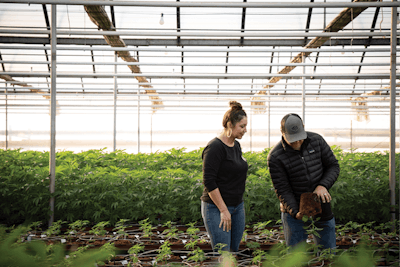
“We came to our senses,” David adds. “Cindy had everything to do with pushing us into this industry.”
Among the extended Van Wingerden family, the couple was met with support, despite the risks associated with a federally illegal crop. “I think the older generation is obviously a little bit more conservative, but [among] everybody—my uncles, my cousins—there was nothing but support, though, for us,” David says.
After a recent name change from CVW Organic Farms, the company is now Farmlane, commemorating the farms and the lane where this family business has been for 50 years. The cannabis growing operation started small in 2015, but soon increased to more than 3 acres of Westland’s greenhouse range.
Today, with all permits approved and in hand, David and Cindy are retrofitting the entire greenhouse operation into 14 acres of hydroponic cannabis. A new chapter in the family’s horticultural heritage is underway—with cannabis as the crop and Cindy as CEO.
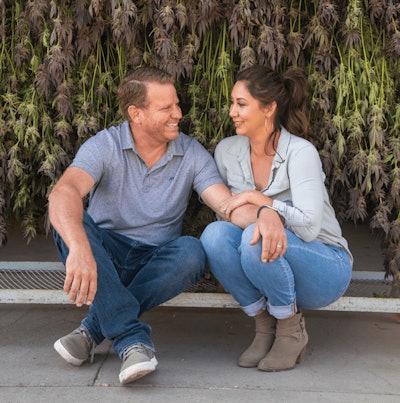
Applied Expertise
As other area growers moved into cannabis, including Van Wingerden family members, many brought in outside investors, consultants, and growers. But that seemed senseless to Cindy, despite the security that others thought that track might bring.
“I said, ‘Why do we need this? You guys own your own lands and you’re the best in agriculture. Why not do this organically and give it a shot on our own first before we bring in outside help?’ So that’s the route we chose,” she recalls.
They launched in and learned by doing. “Having that experience growing inside of a greenhouse—understanding the environment, the biology, the entomology—it all translates over,” David says. “Of course, every single crop has its nuances. But, in a general sense, you’re adapting a climate to a crop, and different crops have different environmental requirements. So, cannabis is really no different.”
As an example, working with strict pesticide regulations was already the norm with produce, making their shift to cannabis simpler in that respect. “We got really used to controlling insects and diseases with biorationals,” David says. “So, as we moved on to cannabis, we had already had experience in that area. For us, it was a pretty easy transition because we had all that foundation from previous crops we’ve grown.”
Though Cindy had no farming background before joining the family more than a decade ago, she absorbs knowledge quickly. “I learned everything about ag through my husband and Jerry. All they do is eat, breathe, sleep agriculture. I learned so much along the way, listening to them both,” she says.
David, who calls himself Cindy’s “No. 1 fan,” credits her with bringing the company to a new level. “I really want to emphasize Cindy is our CEO. Her being the CEO and being female really brings this company backbone—she is the backbone of the company. Women are very organized, very structured, very methodical, and that has benefited our company and our employees. I also believe that’s what this industry needs as a whole,” he says.
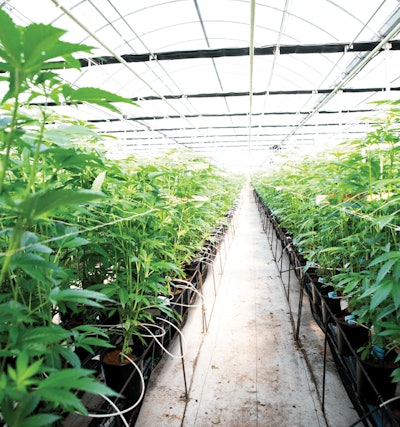
Planning for the Future
Even with well-laid plans, however, challenges arise. With many cannabis companies capitalizing on Carpinteria’s climate, local animosity over the odor from these production facilities intensified in 2020. While grower responses varied considerably, Cindy and David met the issue head-on with what a county planning commissioner called “a real gold standard—as good as it gets,” according to a Dec. 19, 2020, news report from the Santa Barbara Independent.
Open communication with neighbors has always been the family rule, and the odor issue was no exception. “While we are still an agricultural operation and we have certain rights to operate, it doesn’t mean that we ignore our neighbors when we’re having an impact on our surroundings,” David says. “When it came to cannabis and it came to odor, it was really no different.”
Cindy and David personally met with neighbors to understand their problems and concerns, calm fears and tempers, and invest both time and money into solutions to improve the situation for all involved.
“We live here, too. We have our kids here, and we’re part of this community, so we’re working with them directly,” Cindy says. “… I really do believe in getting to know your neighbors, getting to know the people that you have impact on, so it was exciting. It was also nice just to kind of reconnect with old friends and community members. So, we just kind of took that approach.”
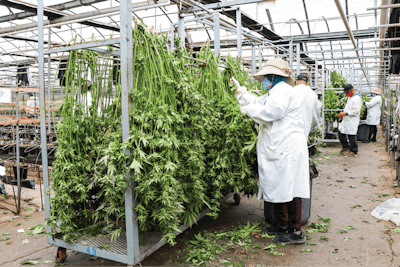
In the end, Farmlane installed state-of-the-art “carbon scrubbers” to remove greenhouse odors before they can escape through the vents. “Initial trials showed better than 95% removal of odor. We have them running now in our greenhouses,” David says. “We’re doing further studies to get further data, but it’s looking very promising right now.” They’ve also agreed to personally address any future problems or complaints about their grow.
Changes aren’t limited to production practices—the company’s business model also is evolving. After growing and processing white-label products for five years, Farmlane will launch its first brand, Embra, by year’s end. Cindy explains the name derives from the Latin word for female, a nod to her heritage and her role as a Latina female cannabis CEO.
Some marketers have suggested that the company’s marketing should emphasize and capitalize on Cindy, almost to David’s exclusion. But she disagrees. “I really feel like it’s important to highlight the legacy of the family and the family farm without kind of separating my husband and I,” she says.
With Embra, she explains, she can tell the story of her entry into the cannabis business without losing sight of the Farmlane legacy.
“It’s such a challenging industry to be in, especially as a woman or a Latina female,” Cindy says. “Having Dave and my father-in-law’s expertise and having them there with me as we started cannabis has meant everything to me.”




















